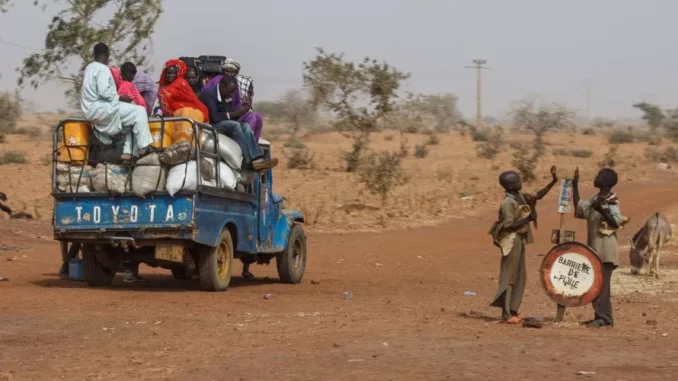
The waves of migration and displacement expected in Africa due to climate change constitute a ticking time bomb that threatens the continent if appropriate strategies are not put in place to remedy this, said the director of the African Migration Observatory (OAM), Namira Negm.
“Special attention must be given to this phenomenon by ensuring the necessary funding to prevent the exacerbation of the next migration crisis and reduce its destructive effects on people, nature, life and economies,” said Ms. Negm during a meeting recently organized in Cape Town, South Africa, by the International Organization for Migration (IOM) under the theme “Climate change and human mobility”.
She warned that climate change is one of the main drivers of migration on the African continent, alongside conflicts, especially in East Africa, the Horn of Africa, and Southern Africa.
Emphasizing the need to develop adequate plans and policies to ensure effective management of this phenomenon, she sounded the alarm on the harmful consequences of the movement of more than 100 million Africans during the next years within their own countries or to neighboring countries, according to World Bank statistics.
“One in eight people in the world is either a migrant or has been forcibly displaced due to factors such as conflict, persecution, environmental degradation, or lack of security and opportunity,” she said.
She recalled, in this regard, the adoption last June of the Rabat Declaration during a high-level session on the health of refugees and migrants, organized by the World Health Organization (WHO), the IOM and the Office of the United Nations High Commissioner for Refugees (UNHCR), with the participation of representatives of 50 UN Member States, observers, and representatives of humanitarian organizations and civil society.
Ms. Negm pointed out that major international and regional efforts are being made to protect migrants and refugees, but that relying solely on the security approach to deal with irregular migration is likely to exacerbate the abuses to the rights of this vulnerable category which already suffers from the violations perpetrated by gangs of smugglers and traffickers.
This meeting was held as part of a series of roundtables with the participation of IOM Director, Amy Pope, as well as eminent experts and researchers on African migration issues.
